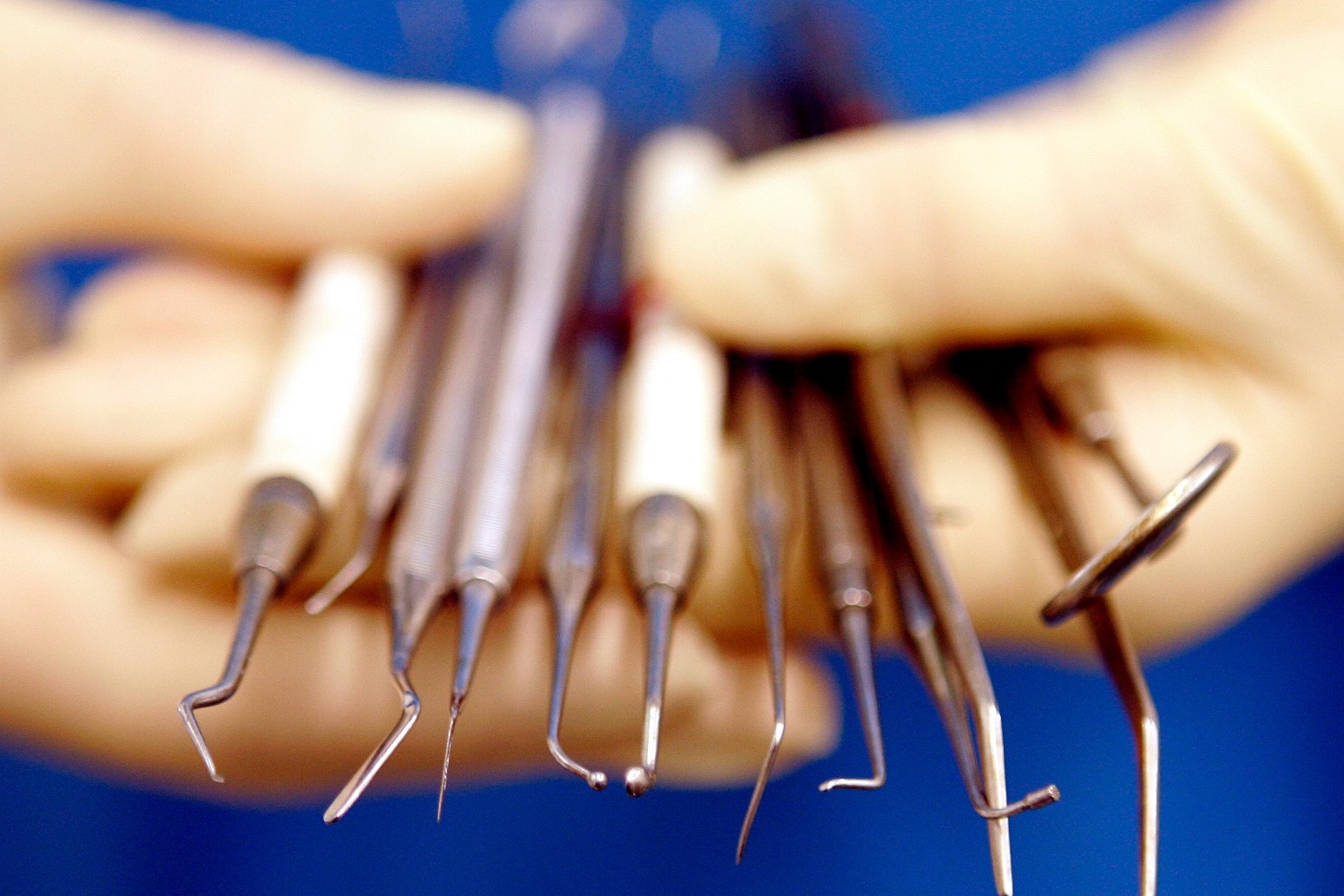-
 play_arrow
play_arrow
Kl 1 Radio Local radio for west Norfolk
-
 play_arrow
play_arrow
KL DISCO KL Disco Playing Disco Music from the 70's onwards.24/7
-
 play_arrow
play_arrow
KL COUNTRY KL COUNTRY Playing New and Classic Country Music 24/7
-
 play_arrow
play_arrow
KL ROX KL ROX The best of New and Classic Rock.24/7
-
 play_arrow
play_arrow
KL SUMMER Summer Vibes 24/7 from KL1 Radio across West Norfolk
-
 play_arrow
play_arrow
KL CLASSICAL Your Symphony Starts Here
-
 play_arrow
play_arrow
KL CHILL Just Chill!
-
 play_arrow
play_arrow
KL POP The Best POP Hits all day Long!
-
 play_arrow
play_arrow
KL XTRA KL XTRA
music_note
Parents pressured to go private as children struggle to see NHS dentist report


Some parents are feeling pressured to go private in order to get a dentist appointment for their children, according to the health watchdog.
Issues with access to NHS dentistry are having a “clear impact on children and young people”, the Care Quality Commission (CQC) said in its annual report.
The watchdog asked 1,000 parents and carers of children about access to health and social care services, with 31% saying they had difficulty accessing dental care for their child.
This was higher than the 23% who reported similar issues in a poll of 2,000 adults.
Parents told the CQC that appointment times – usually offered during the school day – are inconvenient, with instances of youngsters being left in pain due to a lack of emergency appointments.
According to the report, there were instances of “some practices appearing to steer patients towards more expensive private care”.
One parent told the CQC their dental practice had said there were no appointments available until September for their 15-year-old, but if they went private and paid £30 they could have an appointment that same week.
Chris McCann, deputy chief executive of Healthwatch England, said: “This report makes for disturbing reading and reflects what many people, especially parents and young people, are telling us about problems accessing care and the impact this can have.
“When it comes to dental care, these issues are particularly acute.
“Parents have told us that their school-aged children have never seen an NHS dentist due to a lack of available appointments.
“Some are told their child can only be treated under the NHS if the parent registers as a private patient.
“We have alerted NHS England, urging them to remind dentists that this is a breach of their contract.”
Earlier this year, figures from the Office for Health Improvement and Disparities (OHID) revealed there were 47,581 tooth extractions in NHS hospitals in England for patients aged 0 to 19 in 2023.
Some 66% of extractions – or 31,165 – were down to a primary diagnosis of tooth decay, up 17% from the previous 12 months.
Tooth decay remains the most common reason for youngsters aged five to nine being admitted to hospital.
Mr McCann added: “A child experiencing untreated dental problems cannot eat, sleep, or properly concentrate in class.
“Fundamental changes to NHS dentistry are needed urgently to improve access and prevent a new generation from living with poor oral health throughout their adulthood.”
According to the CQC report, some 56% of children had reported seeing an NHS dentist in the previous 12 months as of March 2024, down from 59% in March 2020.
The proportion of adults seeing an NHS dentist also declined.
As of March, some 40% of adults had seen an NHS dentist in the previous two years, down from 49% in March 2020.
A survey of 1,000 people carried out by the watchdog found 10% had resorted to DIY dentistry, which included using adhesives, temporary crowns, or fillings.
The age group with the highest proportion of patients turning to DIY dentistry was 25 to 34-year-olds, with 18%.
The poll also found people are relying on private dentistry in areas where NHS activity is low.
London had the lowest proportion of people who stated they were a private-only patient at 16%, compared with the South West, which had the highest proportion at 49%.
The report said: “Demand and capacity pressures on NHS primary dental services contribute to problems in accessing care that are leading to the deterioration in people’s oral health.”
The CQC also highlighted difficulties in accessing GP services, which it warned “can have a significant impact on both short-term and long-term care”.
Analysis of NHS data by the watchdog found the monthly number of GP practice appointments attended in England increased by 24% between February 2020 and March 2024, from 22 million a month to 27 million a month.
In March, some 17% of appointments took place more than two weeks after booking, while the number of patients waiting more than two weeks increased from 4.2 million in February 2020 to five million by March 2024.
A CQC survey of 1,600 people found 59% had issues with accessing GP services in the last 12 months.
Of the total 58% said they had issues with the availability of appointments, while 39% had problems booking an appointment, such as being put on hold on the phone.
Published: by Radio NewsHub

Similar posts
Upcoming shows

John Atkins – Sunday 60’s and 70’s
3:00 pm - 6:00 pm

Frank Hopping – Real Music Society
6:00 pm - 8:00 pm

Mike Bentley – The Theatre Show
8:00 pm - 10:00 pm

Jonathan Charles – Vinyl Countdown
10:00 pm - 11:00 pm

Night Trax
12:00 am - 7:00 am
Message Us
Copyright The Mediasite UK - 2025








